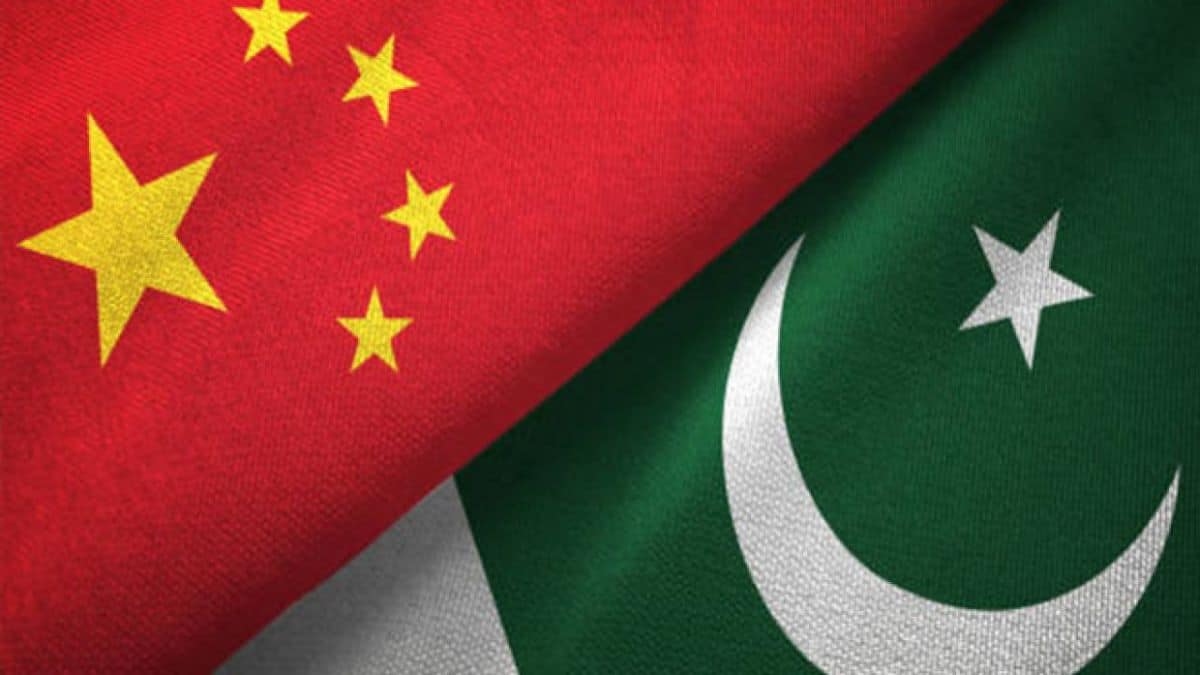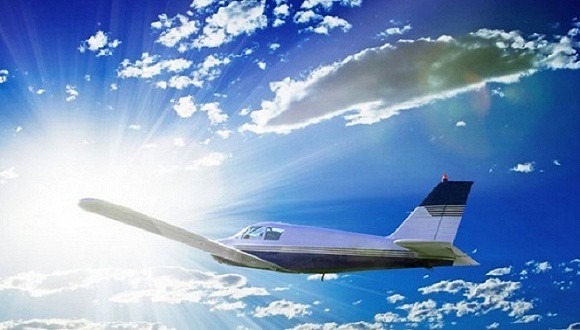China is a great market for Pakistan Firms
Cooperation between China and Pakistan
China and Pakistan have reached an agreement on the protocol on sanitary and phytosanitary requirements for Rhodes Grass exports from Pakistan to China. This is in the hope that Pakistani agricultural products can access the Chinese market. Pakistani Rhodes Grass feed is of high quality and has a sweet taste. It is an excellent exportable product that can be used to generate significant foreign exchange earnings for Pakistan.
Many Pakistani agricultural products find it difficult to be exported to other countries despite their high quality and competitive prices. Most developed countries impose sanitary and phytosanitary restrictions which are the most difficult to overcome. This is known as a technical, non-tariff trade barrier. Like many developing countries, Pakistan has not been able to meet the international standards set by advanced nations. It has also failed to export its products, losing its share of international trade. Although some of Pakistan’s agricultural products taste great and are very competitively priced, they could not be exported due to the lack of sanitary and phytosanitary standards.
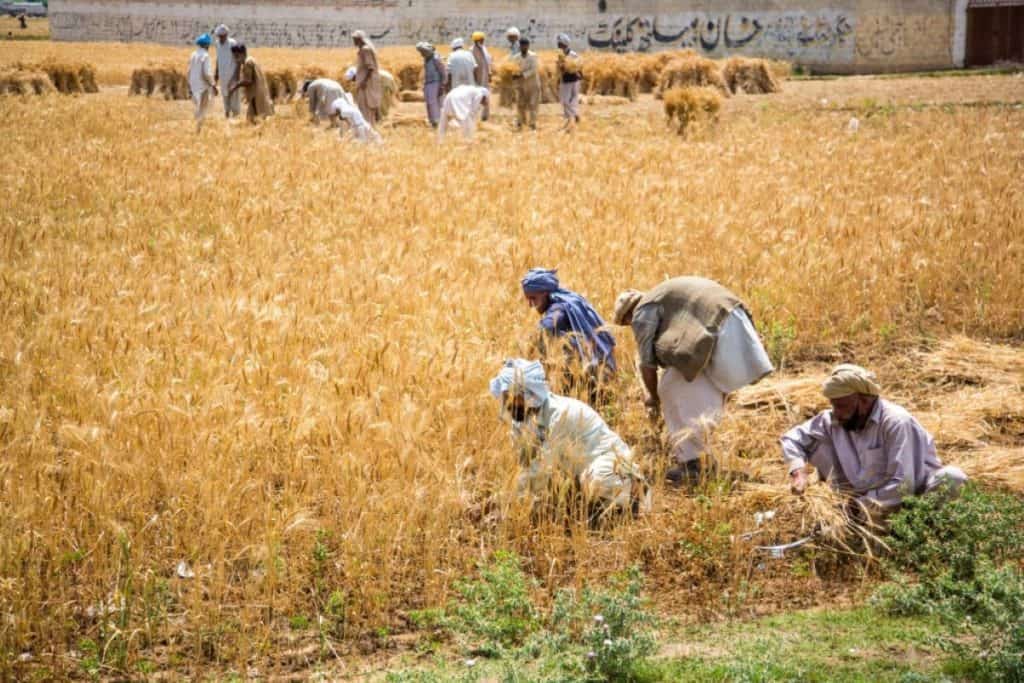
China, a major importer of agricultural products
China’s economy accounts for 15% of agricultural production, but with its rapid industrialization, shift to high technology and advanced technologies, the land available for cultivation is being lost. However, people are increasingly looking for quality and diversified food due to rising incomes. China is the world’s largest exporter and importer of industrial products. But it is also a major importer of agricultural products, including food. China mainly imports agricultural products from the US (soybeans), Brazil, Canada, New Zealand, and Australia (dairy products). China imports rice and cotton yarn from emerging Asian countries such as India, Thailand, Pakistan, and Vietnam.
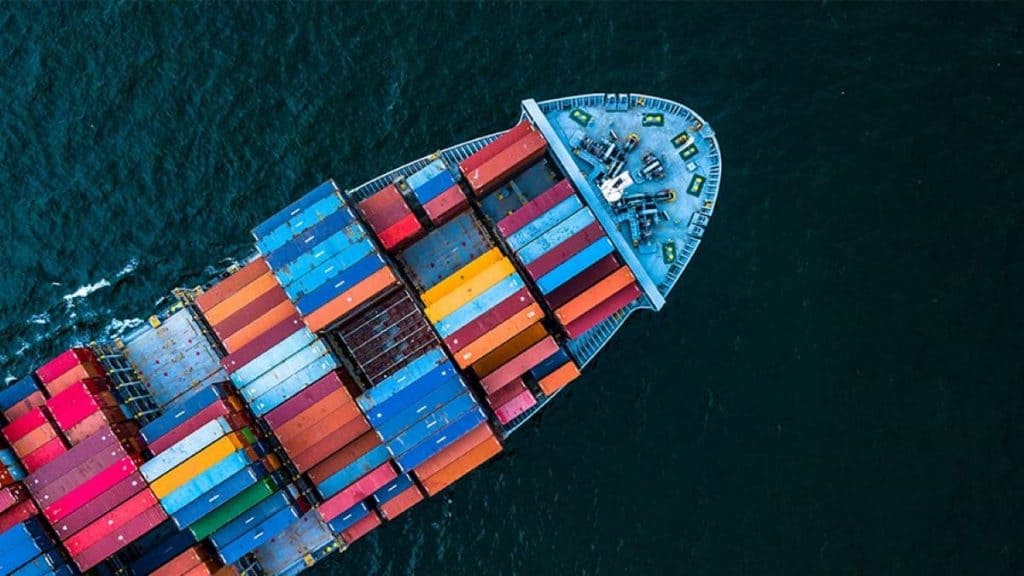
The trade pattern has changed since the second phase of CPEC, which focused on agriculture. The growth rate of Pakistan’s agricultural sector for 2018 is significantly higher than in previous years. The average growth rate of Pakistan’s agricultural exports between 2003 and 2018 was 27%. The three main entry points were cotton, rice and seafood. China remains the most important destination for agricultural exports, but there has been an increase in exports to Australia and India.
China and Pakistan have worked together to remove non-tariff trade restrictions on agricultural exports. These barriers were based on phytosanitary (SPS) concerns. This has allowed Pakistani agricultural products to be accepted in international markets. China is a major consumer of meat and poultry. Pakistan and China have worked together to remove technical barriers such as SPS and quarantine requirements.
In accordance with the mutually agreed requirements of both sides, the FMD free zone has been constructed on Pakistani territory. The Chinese side provided technical support and assistance. Due to strict safety and health standards, Pakistani meat and products cannot currently be exported to China. China’s annual meat consumption is between $12 and $15 billion.
At the moment, Pakistani meat is destined for Vietnam, Malaysia, and the Gulf countries.
China is actually supporting Pakistan in its efforts to improve quality standards and meet export requirements. This will enable it to increase its exports to the international market.
China is willing to help Pakistan’s agricultural sector. 60% of Pakistan’s population depends in one way or another on the agricultural sector. Therefore, there is an opportunity to have a positive impact on their agricultural sector. This sector can also contribute to overcoming poverty. The sector is in urgent need of attention. Modernization, mechanization, and post-harvest technologies are the main priorities.
China will continue to give priority to Pakistan in its neighborhood diplomacy
According to media reports, Pakistan’s new Prime Minister Shahbaz Sharif, in a meeting with the Chargé d’Affaires of the Chinese Embassy in Pakistan, said that Pakistan attaches great importance to relations with China and will promote the construction of the China-Pakistan Economic Corridor.
Zhao said China appreciates the remarks of Prime Minister Shahbaz Sharif. He also said that China and Pakistan are all-time strategic cooperation partners and steadfast brothers.
Zhao said that China is ready to cooperate with the new Pakistani government to facilitate exchanges at all levels, strengthen and expand practical cooperation and build CPEC towards sustainable, livelihood-oriented, and high-level goals. This will accelerate the creation of a closer China-Pakistan community with a shared destiny in the new era, to the benefit of both countries and their respective peoples.
China says the change of leadership in Pakistan will not affect relations between the two countries.
Experts in Beijing said they do not foresee any significant change in relations between the new Prime Minister Shehbaz Sharonif and Beijing. This is due to Beijing’s historical relationship with Nawaz Sharif (former leader and brother of the new PM) and its close historical ties with the Pakistani military.
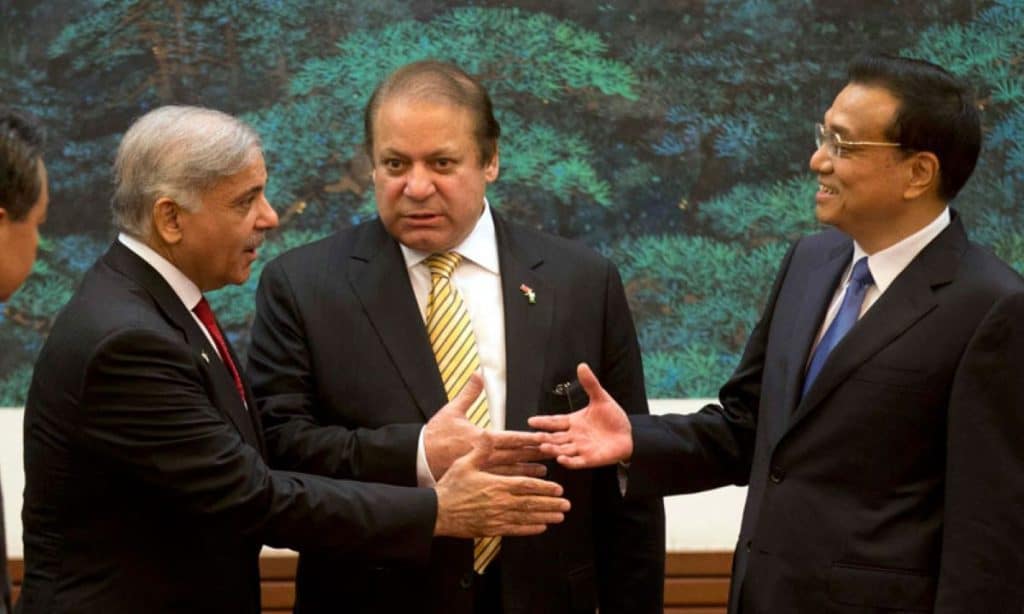
Beijing is closely following developments in Pakistan, which saw Shehbaz Sharif elected Prime Minister by the Pakistani parliament following the departure of Imran Khan.
According to the foreign ministry in Beijing, China has “noticed the political changes in Pakistan”.
China is a close friend and neighbor of Pakistan and hopes that all parties can work together to uphold stability, development, and national security,” said Zhao Lijian, a Chinese spokesman. “I would like to stress that China will continue its friendship with Pakistan regardless of the political situation in Pakistan. We are confident that the overall China-Pakistan relationship will not be affected by the political situation in Pakistan.
According to the Communist Party-run Global Times, experts said that with the Pakistan Muslim League (Nawaz) back in power, “China-Pakistan cooperation can be even better as these major traditional parties have closer and deeper ties with China.”
The newspaper said Sharif, who was the regional leader of the eastern province of Punjab, has entered into numerous BRI [Belt and Road Initiative] cooperation agreements with China to improve local infrastructure and development. Sharif’s brother, Nawaz Sharif, a former prime minister and leader behind the CPEC project, also has long-standing ties with China.
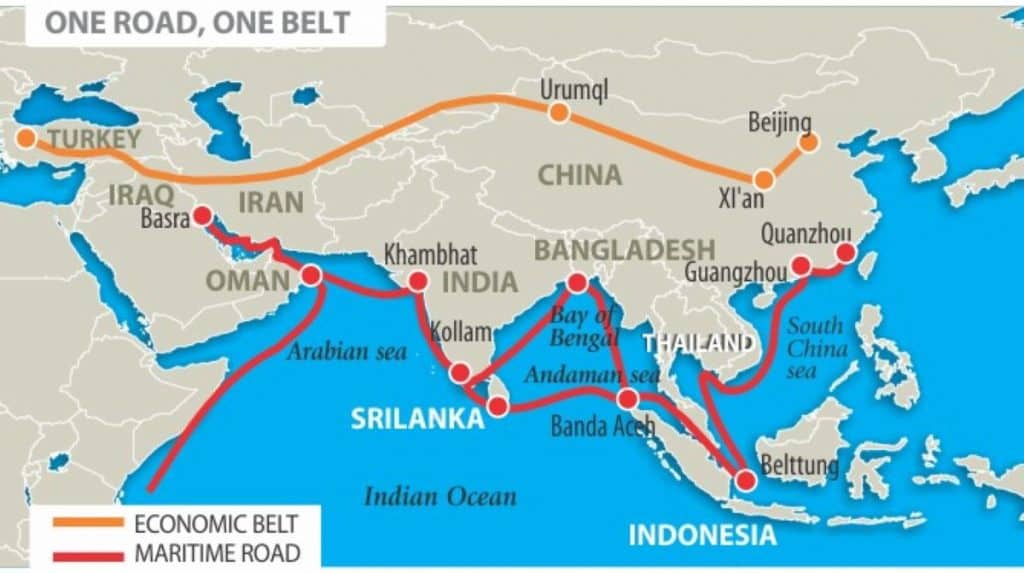
Last month, the Chinese military hailed its relationship with Pakistan as the “pillar” of bilateral ties. Chinese officials see the Pakistani army as a “stabilizer”.
During the meeting, Wang said China appreciates the important contributions and positive efforts made by the Pakistani army over the years to strengthen and consolidate the all-around strategic cooperation partnership between China and Pakistan.
